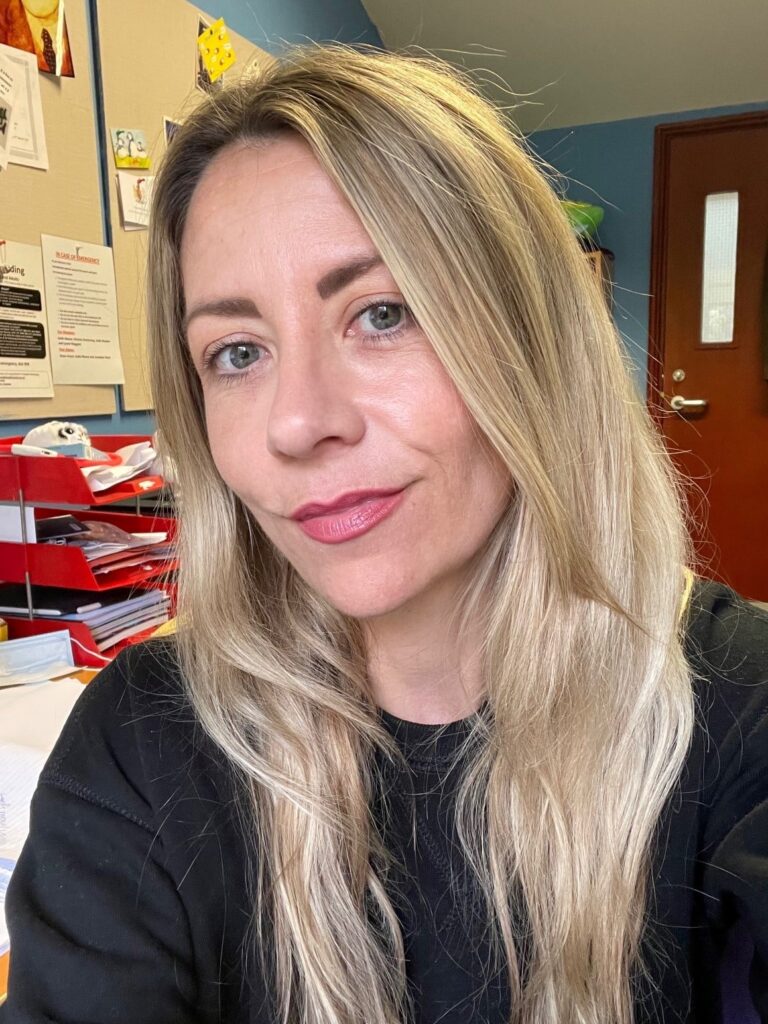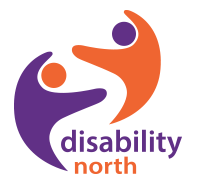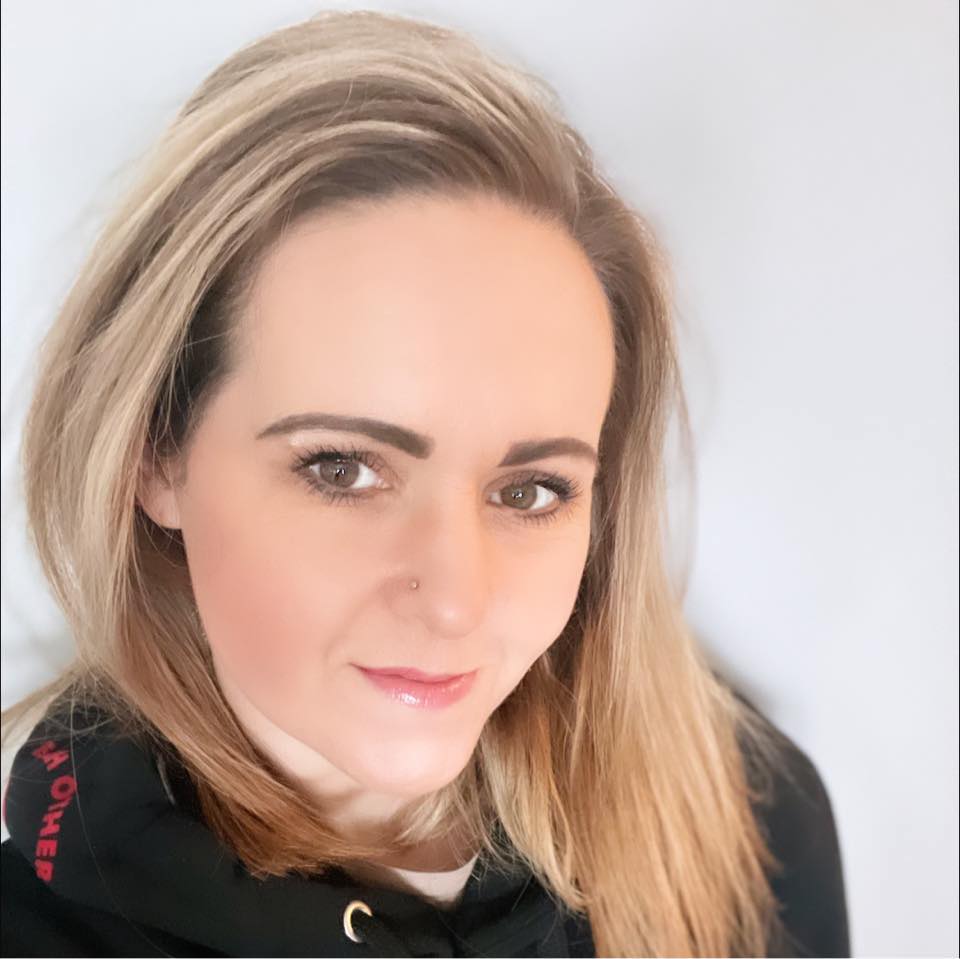We talked to Dr Victoria Armstrong, who is our CEO…

What led you to Disability North, and how long have you been here?
I completed a degree in law in 2004 and have worked in the charitable sector ever since. I started my career providing benefits and community care advice to those who qualified for legal aid. I have worked for regional and national organisations at varying levels of seniority as my career developed. During this time I grew interested in better informing policy on the issues disabled people and people experiencing mental ill-health faced. I completed a PhD in applied social sciences at Durham University in 2015. Whilst undertaking my PhD I also worked as a freelance consultant for the sector, to help them evidence their impact and develop their organisation. When the CEO role was advertised at Disability North, I felt it was a good way to use my skills and experience in one place. I have been CEO of Disability North since 2016.
Can you describe an average day?
There is no such thing as an average day but it certainly involves lots of meetings with various people. That could be with the people we support, our excellent staff, other charities, businesses, academics engaged in research, or people involved in commissioning services and informing policy. I work both regionally and nationally. I also do a lot of bid writing to ensure the services we provide are well funded and can continue to meet the needs of the people we support.
What’s your favourite thing about your job?
Probably the variety of the role but mainly I enjoy knowing the positive difference the organisation makes to people’s lives.
What would make your job easier?
More sustainable funding for the sector. I would like better awareness of disability so that non-disabled people can be more inclusive. That can be in the design of goods and services, or policy, or just in day to day life.
What do you wish people knew about the people you work with?
Disabled people come from all walks of life with their own individual set of skills and experiences. However, when people face health conditions which can impair their day-to-day lives, they often have to seek guidance from organisations such as Disability North. They have to dig deep within themselves to overcome barriers many non-disabled people do not encounter. I think these experiences, positive or negative, really demonstrate a richness that not everyone appreciates or takes into consideration.


